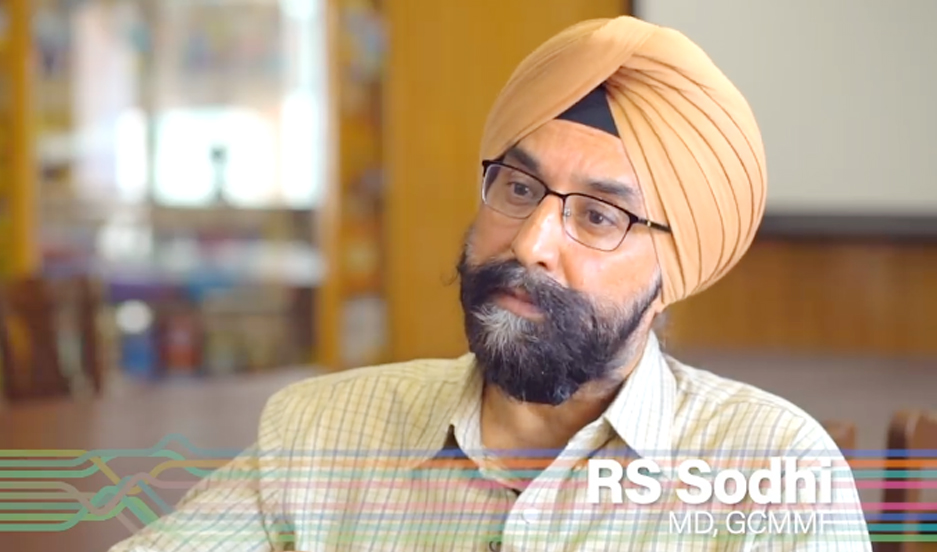On the passage of a year of India’s decision to stay out of the 15-nation Regional Comprehensive Economic Partnership (RCEP), Managing Director of dairy co-op major Amul, R S Sodhi recalled how the bold move has benefitted 100 million dairy farmers of the country.
The Regional Comprehensive Economic Partnership (RCEP) is essentially a China-led initiative for a regional trading bloc that will comprise one third of the world’s population and 29% of the world’s GDP. Given the rising tensions at LAC, experts wonder about the fate of the RCEP, had India joined it.
While calling dairy a business for countries like New Zealand and Australia, Sodhi said dairy farming is a matter of livelihood for us here in India. “While dairy is business for them it is livelihood for us”, were the words of Sodhi from Anand (Gujarat) on the phone.
Sodhi, who had worked hard to expose the pernicious impact of signing RCEP before the policy makers in the past, said some of the countries were eager to enter Indian market to take care of their surplus. They do not realize that it was a question of livelihood for millions of Indian farmers.
Aware of the fact that the issue has polarized intellectuals and economists, Sodhi said it’s a case of a few hundred supporters of liberal market vs millions of Indian dairy farmers. The business newspapers or the business TV channels do not show you the feeling of crores of dairy farmers who are extremely happy with the govt move. “Being not vocal, the media fail to gauge their true reactions”, Sodhi added.
It bears recall that India walked out of the deal when it was not heard by the members.
India has been raising the issue of market access along with a protected list of goods and services to shield the domestic economy.
In a seminar held on Monday External Affairs Minister S. Jaishankar also talked on the same lines and said in the name of openness, we cannot allow subsidised products from abroad and justify the same in the name of an open and globalised economy. India aims at an “Aatmanirbhar Bharat” policy where India could decide the rules, he added.
It may be noted that Amul had voiced its concerns on the proposed agreement since the last several years. In the last few months of the finalisation stage of the proposed agreement, Amul had several meetings with the officials of the Ministry of Commerce and also with the Minister of Commerce to sensitize the Government to the likely impact of offering zero duty imports of cheaper dairy commodities from Australia and New Zealand.
India is the largest milk producing country in the world with 20% of world milk production. At the current rate of growth, it is likely to produce 31% of the world’s milk by 2033 and certainly emerge as a dairy to the world.
